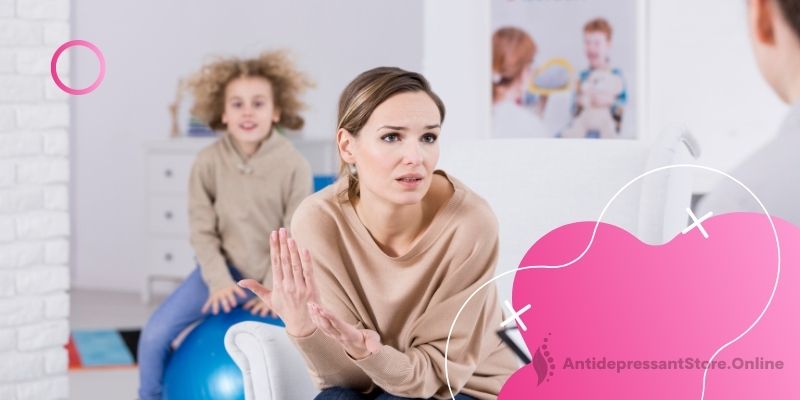Attention deficit hyperactivity disorder (ADHD) affects 8-10% of the school aged children. It is a complex psycho-emotional disorder that greatly impacts behavior and develops at an early age. There are added challenges resulting from behavior complexities and peculiarities of a personality of a child. Parents may notice that their child is struggling to stay focused or wonder about certain changes in the attitude, but only a licensed medical professional can make a correct diagnosis.
Possible interrelated causes of ADHD may include but are not limited to genetics, physiology, biochemistry, behavior etc. Therefore, psychiatrists never consider any particular aspect from the range of possible causes as a sole root of this ailment. Consequently, It is difficult to establish the appropriate course for the therapy, i.e. what prescriptions would work best or what essential aspects are the first to be considered.
For the vast majority of cases, ADHD related complications set in at the age of 4 and may progress subtly, emerging much later on, sometimes at the age of 12, but mostly at the ages 8 to 10 years old.
The most common indications are:
- Lack of concentration;
- Easily agitated personality;
- Hyperactivity;
- Difficulties in keeping up with the school studies and being disorganized.
Children that are prone to ADHD are likely to exhibit certain behavioral and psychological characteristics like: poor social skills and inability or unwillingness to relate with peers, sleep disorders (drowsiness during active hours or restlessness and frequent disturbances during sleep time), as well as anxiety and mood swings.
Prescription therapy for ADHD
There are two types of therapy for ADHD:
- Behavioral therapy (psychological counseling, socializing);
- Medication therapy (use of antidepressants and pharmaceutical stimulants).
Clinical researche conducted within a controlled environment has proven behavioral therapy for school-aged children to be ineffectual in comparison with medicament therapy. Prescription of Atomoxetine had worked far better in 80% of instances and greatly exceeded results of psychotherapy alone.
On the other hand, ADHD therapy for preschool aged children, is strongly recommended to implement behavioral therapy or a blend of the two, with psychotherapy prevailing.
ADHD therapy course for adults requires an increasingly individual approach. Besides the Atomoxetine, antidepressants are often also prescribed. Currently, there is no official approval for the antidepressants to be used to treat cases of ADHD, but many years of clinical experience convincingly demonstrate the usefulness of antidepressants in exceptional cases when it is necessary to alleviate symptoms of hyperactivity and agitation.
Atomoxetine HCl is used to treat ADHD because besides stimulating brain activity, it’s also balancing neurotransmitters – noradrenaline in particular. Resulting therapy progresses smoothly and controllably. In comparison to amphetamine based prescriptions, side effects of Atomoxetine are four times less likely to manifest. Among the major benefits of Straterra (Atomoxetine) is it does not cause addiction.
Atomoxetine is distributed under the brand name Straterra. Usually in capsules measuring: 10 mg, 18 mg, 25 mg, 40 mg, 60 mg.
Daily dosage of Straterra is established according to the formula – 1.2 mg per 1 kg of the body weight of the patient. If the patient weighs 30 kg, then the daily dose is calculated at 36 mg. It is essential to consult a family doctor before buying Straterra, as the daily dose needs to be evaluated and prescribed by a licensed therapist. Following the consultation, a 1-2 month supply of Straterra can be purchased. After a maximum of 8 weeks, it is necessary to evaluate the treatment progress. If the result is insufficient, the dosage may be raised up to a maximum of 1.8 mg per 1 kg of body weight.
Additional antidepressants can be used alongside the main therapy, if applicable. Prescriptions like Zoloft, Celexa or Lexapro are best suited to supplement ADHD therapy course.

